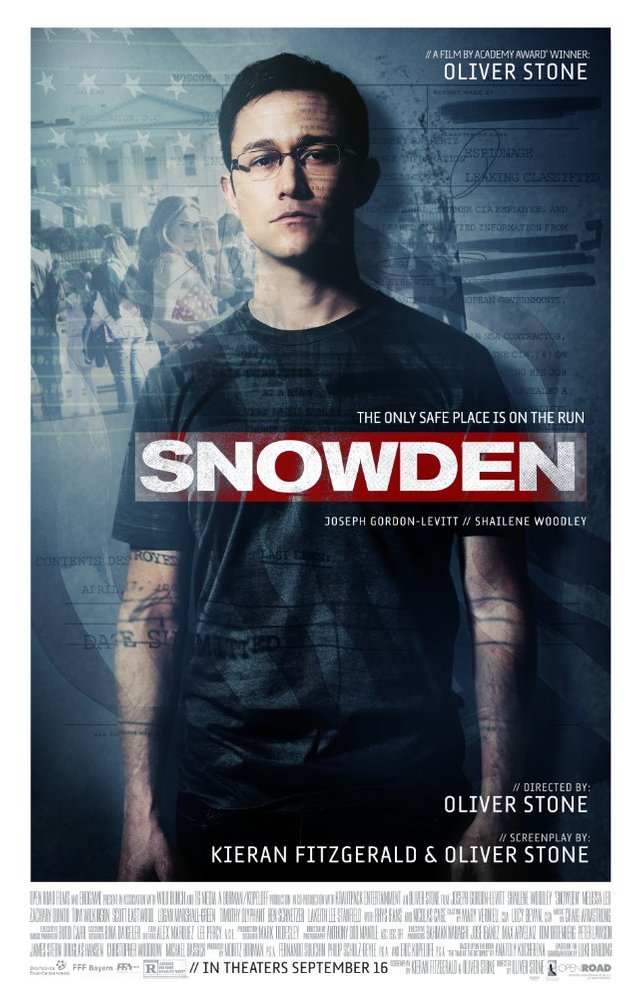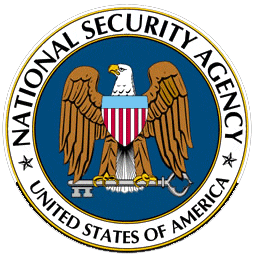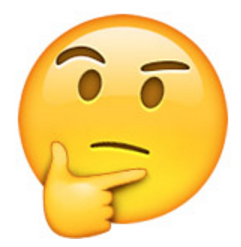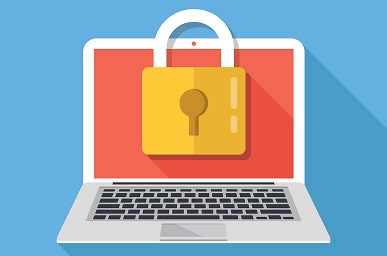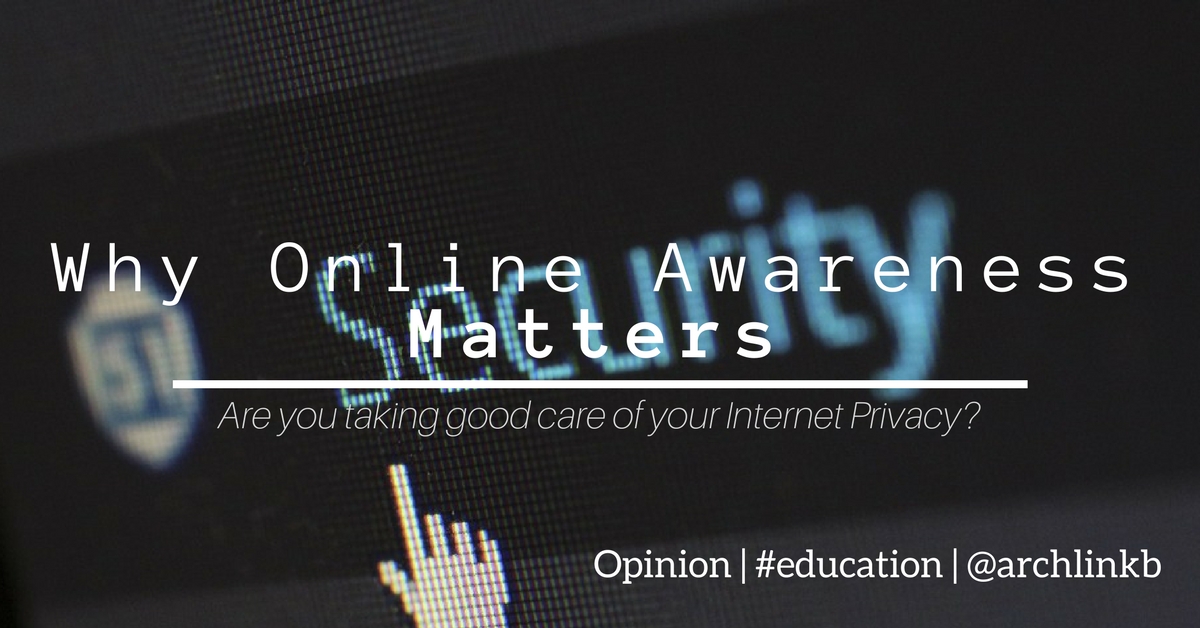
Some time ago, I became conflicted with an idea...
It scratched that part of my head that makes me feel something is very wrong and people are not paying enough attention to it. The rash started when I saw Snowden for the first time; a feature film by director Oliver Stone, starred by Joseph Gordon-Levitt, it explores the case of Edward Snowden, United States’ ex-NSA and - infamous whistleblower - from a very grounded and mature angle, and tells the tale of a man who was struck by a harsh truth about his job and his country, decided to do something about it and had to pay the ultimate price.
It was a sort of wake-up-call on the subject of how people, including me, carelessly use the Internet to upload our personal lives to networks such as Facebook and Twitter, the dangers of it utterly unbeknownst to us.
Context
At the time Snowden was working with the NSA, the aforementioned websites were completely penetrable by the US government, as he tells, with the excuse that the practice was somehow "a shortcut to find criminals and terrorists".
The way Snowden saw it (Or at least, in the matter of his feelings’ portrayal by Gordon-Levitt in the film) these kind of privileges were in a way "a blatant abuse of power, that the real purpose of the tasks of spying into people's lives he was given was to ‘ensure his country's supremacy’".
Snowden's actions and outcome
His case was covered by important news outlets such as CNN, The New York Times and the Washington Post, but this was short lived. These never assumed an active role on ensuring people used the Internet responsibly.
Snowden’s actions led him to an awakening he was unable to let go. His superiors were tapping into the wrong mediums to fulfill their mission and so was he. He became afraid and nervous that his loved ones could be harmed if he blew off the whistle, and that is why he fled the United States and finally ended up in Russia.
He wanted to educate people about the things he learned and was left without a country for it. To push oneself to such lengths is admirable, a little careless and somehow innocent, even. A truly selfless cause.
The fallout
American pop culture gave birth to a phrase I really like that fits into context very well: “With great power, comes great responsibility”; Snowden knew that. He knew that the right call was to share his knowledge with those who were affected by what he and his co-workers did.
He trusted people to make good use of the information he shared…
What has happened since then? Has the world turned in a direction that leads to a more Internet-hazard-aware society? Was a man's ultimate sacrifice worthwhile? If anything, is it still relevant today?
The answers are:
Not much has happened, things have gone pretty smoothly up until now; people keep subscribing to social networks and other media outlets with their personal information without caring about inherent implications.
Not at all, people continue to feed from marketing campaigns and mass sensationalism, misinformation and the misuse of the services they're subscribed to.
It doesn't seem like it. Snowden made what his common sense dictated was most honest but it hasn't come through, people are not withdrawing from what he did, his sacrifice is not of common knowledge, it didn't impact society as he intended it to and it hasn't been talked about again for a long while now.
A more active role
I was left to wonder if there was anything I could do about it. I became conflicted because I feel I might be ignored, as Snowden was, and he is who he is. But even so, I still feel this is an important conversation people should be having, right now.
Now then, let's get real serious here and talk about Internet privacy. What is it and how can you do to reinforce yours?
Internet Privacy
Simply put, Internet privacy is an attribute inherent to all of its users and a principle that reigns over the different apps and services, businesses and brands that have an online presence, which establishes respect to people's personal information as the primordial aspect of exchanges and interactions done over the web.
‘Personal information’, Internet-wise speaking, is a compendium of data that an individual uses to access services such as streaming networks, social networks, hell, even the cryptocurrency market, comprised of a person’s name, pictures of their face, their ID card number, credit or debit card numbers, phone numbers, and so on.
There's other stuff, such as your computer's IP and MAC addresses, your screen’s max resolution, which can be traced if you maximize your apps’ windows, with which you could be extra careful. But let's keep things basic for now.
My online metadata and what to do to secure it
This data is required to help websites reckon who and where we are but in a way, are also a double-edged blade which attackers can use against us.
Of course, we should never forget something very delicate and of extreme importance about the Internet, and that is: Nothing you upload to the Internet ever disappears! Information you share on any platform may be carelessly put in a foreign database for harmful purposes and you wouldn't even know about it, ever!
So telling you to be aware of your online misgivings might seem a bit of an understatement now, right?
I know what you're gonna say: “There isn't anything I can do about it, is there?”. The answer is yes, you can.
You could:
Enter your web browser options and make sure the ‘Ask websites to not track my activity’ box is checked. That way, you'll leave less of yourself on the sites you visit that they or anyone can use to directly locate you.
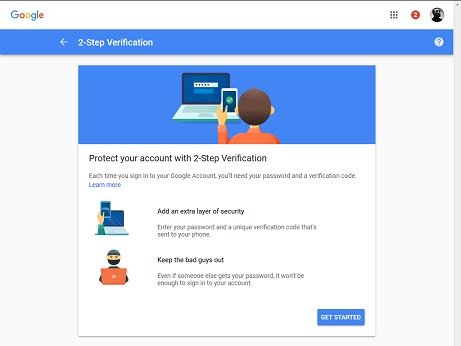
Activate the 2-Step Verification factor in those apps you use that allow it. This usually requires you give up your phone number, but it's a way of ensuring no one but you gets access to your accounts.
Have your passwords be generated by an hexadecimal random password generator; these you can find online and won't store the data you generate. I've used Rumkin's password generator a few times and it has worked for me pretty good. It's better to have a random code that you can store in flash drives as your password than having a keyword related to things of your personal life, to enter your accounts. Attackers are more likely to figure out your password if that's the case.
If you're all into Google services, and prefer using Chrome over all other browsers, Android phones over iPhones, and YouTube rather than Spotify to listen to your favorite music, Gmail over Outlook and so on, you should enter to https://myaccount.google.com and enter your Activity panel to deactivate Google’s by-default tracking of all of your activities in its services. They can see which apps you have been using on your phone, the time and date you last used them and other things of the sort in their other mediums. They say this is to offer you a better user experience but, you guessed it, it's better if you're not being tracked by anyone, and that includes them. Consider switching browsers from time to time, too.
There are a few encrypted mail services out there that you could use to boost your privacy. I personally use Protonmail, which is a Switzerland-based encrypted mail service which also offers fast and overall great VPN tunnels and has end-to-end encryption; this means your both your messages and those you receive from friends or colleagues will be protected. Having an encrypted email address as your primary address could help ensure your privacy, as you would be registering on websites using an encrypted mail account that is free of data such as your location and IP address.
So there you go. There are lots of other ways you could enhance your Internet privacy, for that matter. These are just a few tips to get you started.
My advice is you do further research about Internet privacy and get more acquainted with the subject, so you can later create consciousness and help others be more careful about what they do while being online.
Online awareness matters because in a world where everyone can have our information without us knowing, it depends solely on us to protect ourselves from potential threats, those which include even our most trusted Internet brands!

Thanks y'all for reading!
It's been a long while since I last posted here on Steemit. I gotta say, these have been intense and arduous weeks and there's more to come, so I'm trying to get things done as diligently as possible.
Stay tuned for more and see you on my next post!
